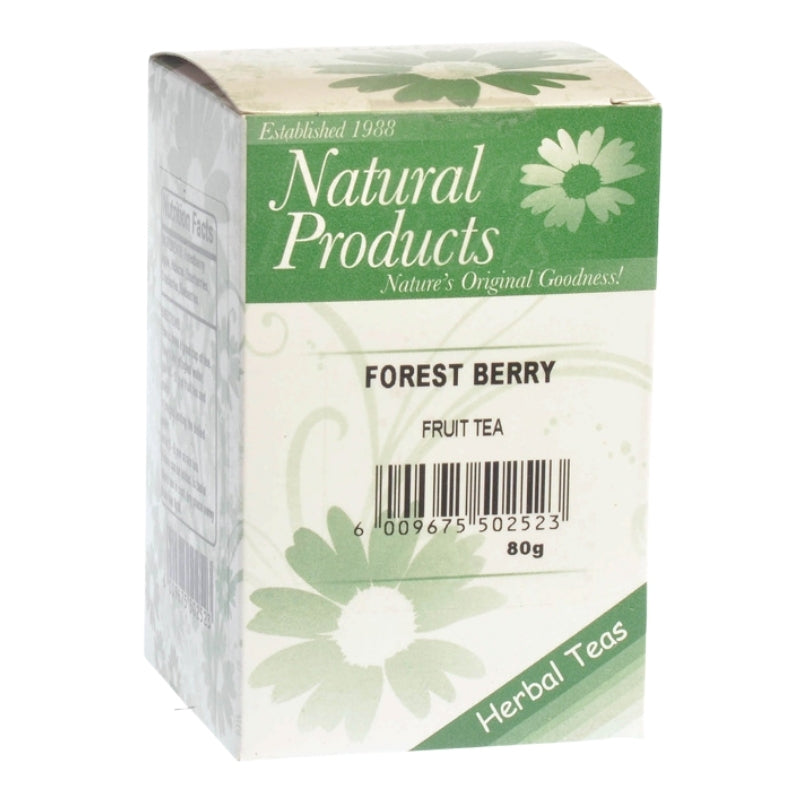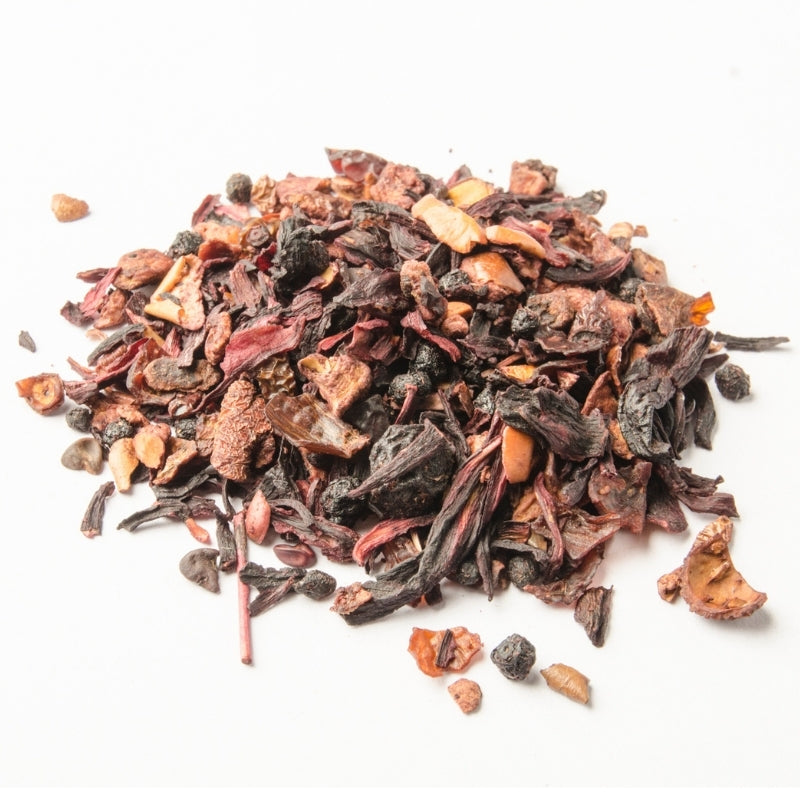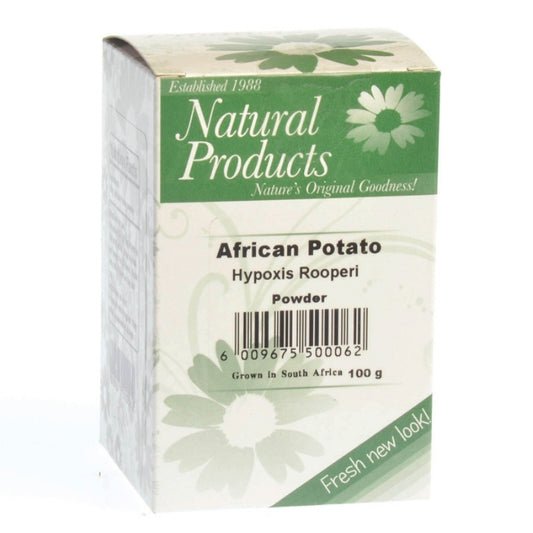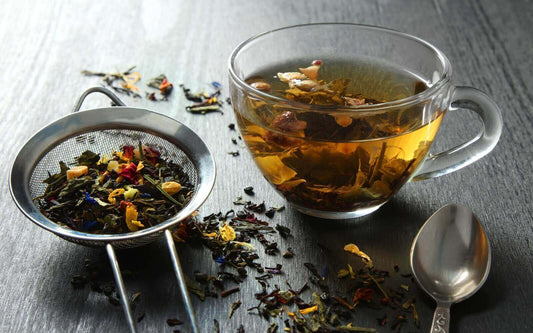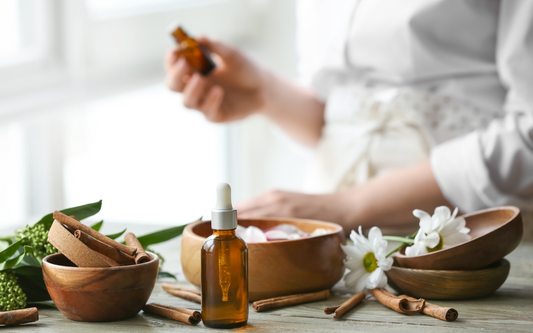
DIY Craft Infusions
Juliette van der MeerThis week's blog is on a slightly different topic: infusing alcohol with herbs to make your very own special flavours. Whether you want to make a stunning and unique gift or simply enjoy it yourself, crafting your own alcoholic beverage will be a rewarding experience.
Searching for ways to blog on the wide range of botanicals available, and being lovers of the occasional refreshing gin, we decided to immerse ourselves in the herbaceous world of botanicals and gin pairings.
Is making craft Alcohol difficult?
It turns out that making your own flavoured gin or vodka is surprisingly easy, and doesn't have to cost a fortune. It's a simple matter of selecting your botanicals, infusing them in your alcohol of choice (generally a neutral tasting gin or vodka, although you can use any alcohol), filtering and enjoying. I'm sure if anyone reading this is a professional craft gin maker your processes are slightly more complex, but for the average person wanting to infuse their own flavourings, an easy 3-step process is sufficient.
Is infused Alcohol healthier than normal Alcohol?
Apart from being unique and delicious, making your own flavoured gin and spirits with botanicals comes with some other fantastic benefits. First off, you cut out any artificial colourants and flavourants that may be lurking in store-bought liquors. Secondly, the botanicals you add will each have their own unique benefits such as antioxidants, detoxing properties, vitamins and minerals, anti-inflammatory properties, etc. Lastly, because the spirits are naturally infused with flavour and colour, you can cut out the additional calories and sugar contained in certain mixers, which are often used to spice up alcohol.
Directions For Crafting own Alcohol Infusion
Step One: The Base
The first step in making your infusion is to select an alcohol base. Choose a neutral, clean-tasting, mid-range gin or vodka - it doesn't have to be top of the range as you are going to jazz it up. But the smoother the alcohol, the better the final product, for obvious reasons. Try to find a balance between taste and quality. Tanqueray or Gordon's should work well as a base gin. You can of course use any alcohol, but brandy, rum, whisky, tequila, etc have their own unique tastes so you will need to adjust the botanicals to suit.
Step Two: Botanicals
The next and most important step, is to choose your gin botanicals. Choose botanicals that will complement the gin or vodka's natural flavours. Typically gin is made from distilled botanicals such as juniper berries, coriander, citrus peel, cinnamon, liquorice and almond. So pick botanicals that are spicy, fruity, herbal or will blend well with those flavours. Vodka is more or less neutral tasting so any flavour will go well with it. We have a whole subcategory of gin botanicals, which includes dried herbs, spices and berries that can be used to infuse your alcohol. Like in cooking, think about which flavours go well together:
- Warming spices plus citrus.
- A refreshing mint and lemon balm blend.
- An aromatic blend of cloves, cinnamon and anise.
- Tart elderflower and rose petals.
- Pleasant rosemary and thyme with a dash of pepper.
Which Herbs to Combine
Herbs go particularly well with gin, but spices and berries add something special. Choose any number of botanicals that pair well, or try some of our pairings below:
- Spice Girl: dried orange peel, cinnamon (or cardamom) and cloves.
Benefits: cloves are high in antioxidants and are antiseptic; cinnamon boosts circulation and is good for diabetes and weight loss.
- A stunning favourite is hibiscus flowers, which lend an intense pink colour, paired with some spices such as peppercorns, coriander and cardamom. You may need to add a spoon of sugar as hibiscus can have a slightly sour taste.
Benefits: pepper is good for the stomach and contains Vitamin K, iron and manganese.
- The classics: elegant elderflower gin, rosemary gin or juniper gin. On their own, these flavours are classic and blend well with a tonic or as bases for gin cocktails.
Benefits: elderberries are rich in vitamins and have a host of other beneficial qualities; rosemary is well known for its cognitive support properties; juniper berries can help regulate blood sugar levels and are anti-inflammatory.
- Juniper berries with cinnamon, cardamom and dried orange peel to enhance the gin's natural flavour, is another lovely combination.
- Lemon balm or lemon verbena paired with rosemary or basil, cooling peppermint to make a lemon mint flavour, or on its own, is refreshing with its lemony herbal taste.
Benefits: lemon balm and verbena are both natural, gentle sleep aids, and lemon balm is relaxing and relieves tension.
- You can also try out berry combinations, blended with a dash of cinnamon and pepper for spice or some dried orange peel for a festive flare. Try cubeb berries, blackthorn berries, forest berries, or some of the other berry options.
Benefits: berries are extremely rich in antioxidants, Vitamin C, and can be used to treat many other ailments.
Final Step: Store Away
The last step is to bottle up your alcohol and botanical infusion in a tightly sealed bottle or jar, and store in a cool, dry place. The length of time you leave the infusion is up to you. Some may be ready in a day, others will mature in a week or longer. Like in cooking, flavours mature and become better the longer they go for, but not everything needs a long time. Alcohol tends to extract the flavour of spices quite quickly, so if you leave it too long, it may become overpowering. Shake up daily to help the flavours meld together, and test as often as necessary until you achieve the taste you want. There is no hard and fast rule on the length of maturing time, it is entirely up to you and your taste buds!
When your infusion is ready, strain it through muslin or a strainer to remove solids, and then filter it through a coffee filter paper to remove any remaining sediments. Bottle up your newly crafted alcohol in a clean bottle and store in the fridge or on the shelf.
Remember, botanicals are potent, so rather add in smaller amounts than risk overpowering your gin completely. You can always add in more to bring out a stronger flavour if you wish. The recipe below will give you an idea of quantities of botanicals to use - not much!
Aromatic Spiced Gin
Ingredients:
- 1 bottle of gin
- 1 cinnamon stick or 1 ½ teaspoons cinnamon powder
- A couple of anise seeds
- ¼ tsp cloves
Method:
- Add everything together in a sterilised jar or bottle and close up tightly.
- Leave in a cool, dry place and shake daily.
- After a week the gin will have taken on a brown tinge. This is when you know it is ready, other taste as necessary to see if it is to your liking.
Serve with tonic and ice.
Here are some more delicious infusion ideas.
Rosemary and Citrus Gin
Ingredients:
- 1 bottle gin
- 2 tsp dried rosemary (cognitive support)
- 2 tsp dried orange peel
Method:
- Add everything together in a sterilised jar or bottle and close up tightly.
- Leave in a cool, dry place and shake daily.
- Test often to see how the flavour develops, add in more botanicals if necessary and strain when you are satisfied with it.
- Pour the infusion into a clean bottle and store in the fridge or on the shelf.
Rosy Delight
Ingredients:
- 1 bottle gin or vodka
- 3 teaspoon rosehips (high in Vitamin C)
- A handful of rose petals
- You may need to add a spoon of sugar to sweeten as rosehips can be quite tart. You can also add a dash of cinnamon if you like.
Method:
- Add everything together in a sterilised jar or bottle and close up tightly.
- Leave in a cool, dry place and shake daily.
- Test often to see how the flavour develops, add in more botanicals if necessary, or some sugar to sweeten.
- Strain when you are satisfied with it.
- Pour the infusion into a clean bottle and store in the fridge or on the shelf.



